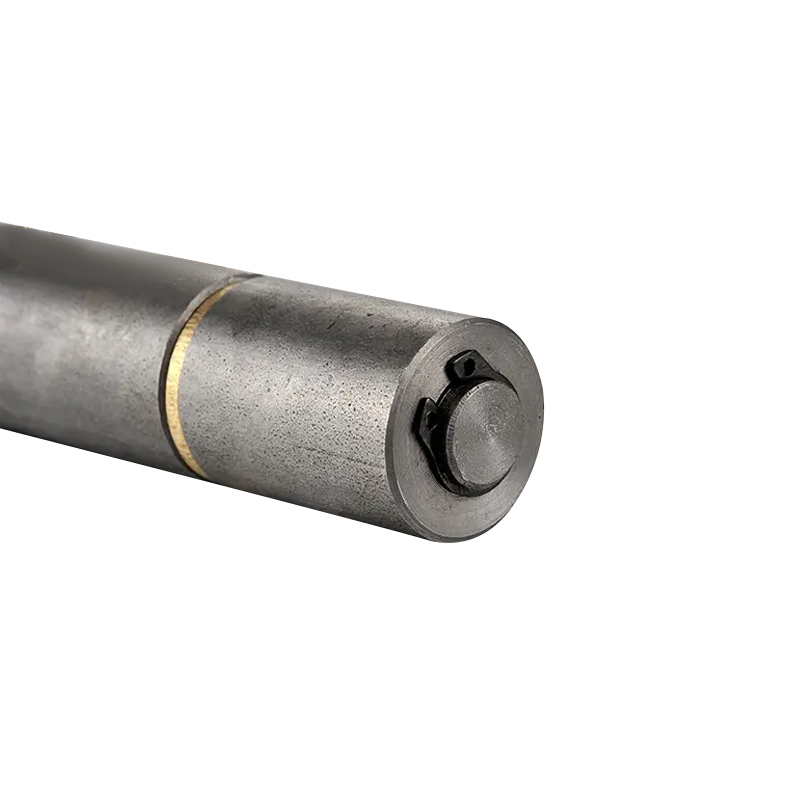No. 200 Gaoxin RD, Shanghua St, Lanxi, Zhejiang, P. R China
The Stainless Steel Rack Pinion Gear for Sliding Motors is a high-prec...
See DetailsMetal gate hinges are crucial components in the construction and operation of gates, whether for residential, commercial, or industrial applications. These small yet significant pieces are responsible for enabling smooth opening and closing while bearing the weight and movement of the gate. Over time, various factors can influence how long metal gate hinges last and how well they perform.
One of the primary factors affecting the durability of metal gate hinges is material composition. The type of metal used plays a significant role in determining how the hinge withstands environmental stress, physical load, and general wear. Steel, stainless steel, and brass are commonly used, with each offering different levels of resistance to rust, corrosion, and mechanical strain. For example, hinges made of galvanized or stainless steel tend to be more resistant to moisture, which is essential in outdoor settings.
Environmental exposure is another critical consideration. Metal gate hinges installed in coastal areas are subjected to salt-laden air, which can accelerate corrosion if the hinges are not appropriately treated or coated. Similarly, regions with frequent rainfall, humidity, or speciall temperature shifts may see quicker degradation of the hinge materials unless they are specially designed for such conditions. Protective finishes such as powder coating or electroplating can extend the service life of metal gate hinges under these conditions.

The gate weight and frequency of use are also important. Heavier gates place more strain on the hinges, especially when opening and closing occurs frequently throughout the day. In such cases, hinges must be chosen based on load-bearing capacity. Undersized or lightweight metal gate hinges are more likely to deform or loosen over time. Additionally, repetitive motion can wear down the hinge pin and bearing surfaces, eventually causing sagging or misalignment of the gate.
Installation quality directly impacts durability as well. Misalignment during installation can cause uneven distribution of force across the hinge, causing premature wear. Bolts or screws that are either too tight or too loose can affect stability, causing the hinges to work under unintended stress. Proper alignment and secure fastening during installation help metal gate hinges function as intended and last longer.
Another factor is the maintenance routine. Just like any mechanical component, metal gate hinges benefit from regular inspection and care. Lubricating the moving parts reduces friction and wear, while periodic cleaning removes dirt, rust, and debris. Tightening loose bolts or screws also ensures that the hinges stay in proper working condition. Neglecting these small steps can shorten the hinge's service life significantly.
Design features of the hinge, such as the presence of bushings, ball bearings, or adjustable tension, can influence wear rate and ease of use. Hinges with built-in bearings, for instance, tend to provide smoother motion and reduce stress on the metal surfaces. These enhancements may contribute to better long-term performance, particularly in high-use environments.
Gate movement direction and load stress affect how force is applied to the metal gate hinges. Gates that swing in both directions or are exposed to strong winds may place varying loads on the hinges. In such scenarios, selecting hinges that can accommodate directional load changes can help prevent mechanical fatigue and structural damage.
Several interconnected factors determine the durability of metal gate hinges. These include the material used, environmental exposure, load capacity, installation accuracy, and maintenance practices. Choosing hinges that suit the specific needs of the application and caring for them appropriately can help ensure reliable performance and extended service life.